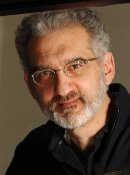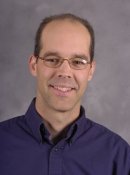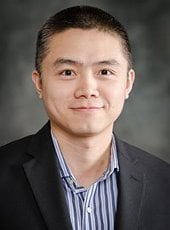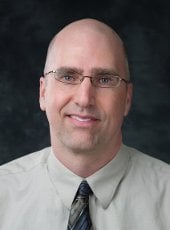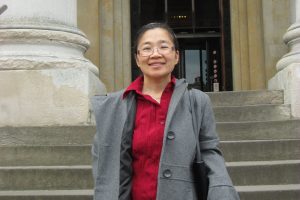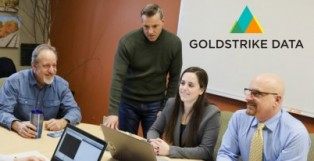 Three startup companies with Michigan Tech roots have been named semi-finalists in this year’s Accelerate Michigan Innovation Competition.
Three startup companies with Michigan Tech roots have been named semi-finalists in this year’s Accelerate Michigan Innovation Competition.
Goldstrike Data, a big data analytics firm founded and headed by Michigan Tech alumna Ashley Kern ’15, was selected as one of 36 semi-finalists, as were StabiLux Biosciences (Novolux Biosciences) and Orbion Space Technology. StabiLux Biosciences( Novolux Biosciences) was founded by Yoke Khin Yap, a professor of physics at Tech, and Orbion Space Technology was founded by L. Brad King, the Ron and Elaine Starr Professor in Space Systems in the Department of Mechanical Engineering-Engineering Mechanics.
The semi-finalists are innovative startups from a variety of high-growth sectors including advanced materials, manufacturing, alternative energy, business services, consumer products, information technology, life sciences/healthcare, media, mobility and more. On Nov. 16, 10 finalists will be selected and the winner will be chosen from among the finalists that night at the Detroit Masonic Temple. Since the competition’s inception, participating companies have generated more than 1,000 jobs in Michigan and raised more than $550 million in capital.
“We are extremely impressed with the diverse and creative entries that came to us from across the state and we’re excited to unveil an outstanding new crop of competitors,” said Martin Dober, vice president of Invest Detroit and managing director of Invest Detroit Ventures. “This competition has the potential to be life changing for these businesses. It is truly rewarding to help put promising young startups on a trajectory toward success.”
Each year, the Accelerate Michigan Innovation Competition showcases the startup innovation throughout Michigan and provides startups with the exposure, funding and mentorship they need. The first place company will win $500,000. The total value of all prizes is almost $1 million.
 Let’s celebrate the 10th year anniversary of this great program and all the minds that have contributed to it for the last decade!
Let’s celebrate the 10th year anniversary of this great program and all the minds that have contributed to it for the last decade!
